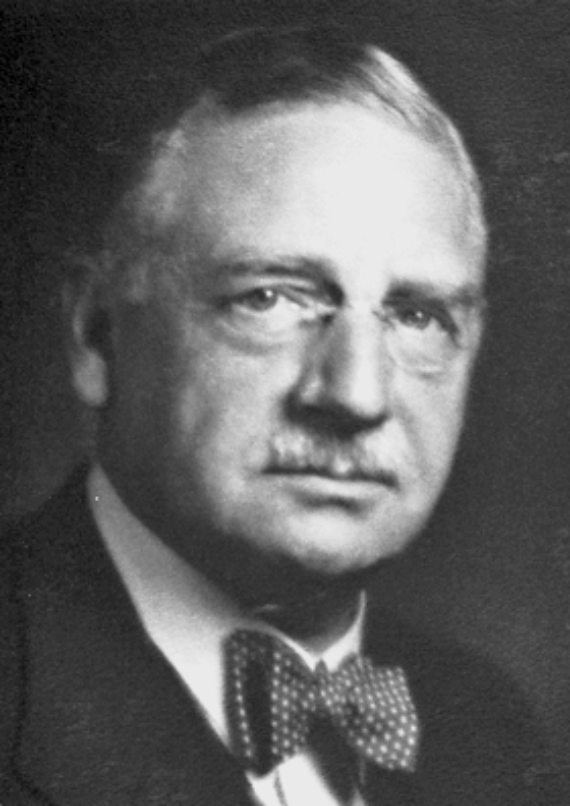Minds that are somewhat distanced from intuition’s criteria and occasions are weakly favored by it; however, there are others that are frequently chosen, privileged, and distinguished with its valuable help. We face a complex, multidimensional construct, but with genuine intuition it could be said that it chooses us and that it sets us apart from others. It is usually perceived as a plus, as the jewel of our intelligence, although intuition exceeds the beneficiary´s cognitive potential and also draws from other sources.
Even admitting the uniqueness of each intuitive phenomenon means its authenticity would be backed by the fact that we feel surprisingly and solidly enlightened, guided, alerted, or forewarned. It must be said that because we also use the term figuratively, and even lightly, that we often attribute intuitive correctness to hasty deductions, impressions, wild guesses, occurrences or suspicions. It may, however, be that all of this is more closely linked to reasoning (not always straight, rigorous, or precise) than to intuition, without ruling out a possible fusion with insight or sagacity.
It is also said that intuition is never wrong, that it works with uncontaminated information; however, it typically arrives to answer a question that worries us or to which we can´t formulate the correct question to. Often, of course, we think of solutions before we have studied the problems thoroughly, that is, without having properly penetrated the challenge we have undertaken (which leads to false solutions and new problems).

In our psychic distress, we are not the ones who resort to intuition, but it decides to visit us; but let us be aware that we can welcome its appearance, promote it and catalyze it. Now let’s look at the criteria that it presumably uses to favor us, but first let´s remember how it presents itself in the first place. These are some common manifestations of intuitive phenomenology:
- A good idea, perhaps in the morning, applicable to a task.
- An intimate sense of direction, the way forward.
- A feeling of trust (or mistrust) towards something or someone.
- A warning, perhaps visceral, about a risk or danger.
- A sudden connection, conclusion, or solution to an issue at hand.
- A clear perception of someone’s concerns or intentions.
- A state of fluidity in which our musings seem on track.
- A dreamlike revelation, be it decisive, premonitory, or perhaps epiphanic.
Depending on the case, the signal (words, ideas, images, sensations …) can certainly be received in a fleeting and unexpected way (starting as a stimulus, it usually moves to action), and we must pay immediate attention to it so as not to lose it. The latter reminds us of a perfect example regarding the curious experience that the 1936 Nobel Prize-winning German physiologist Otto Loewi once confessed to. Intuition had to knock twice (he let the first escape) with the same ephemeral dream message so that he would jump out of bed knowing he had to test the chemical transmission of the nerve impulse.

As we well know, and although it also presents itself to us opportunely in everyday life, intuition is behind great technical and scientific advances, as well as well-known business successes. It seems that it displays its generosity to a greater degree over certain kinds of minds; on minds with some of the following specific characteristics:
- They appear as open, flexible, penetrating.
- They listen to inner voices and acknowledge them.
- They try to perceive reality with objectivity and rigor.
- They vigorously pursue solutions and truths.
- They tend to take time to reflect on correct conclusions.
- They willingly take on challenges or difficulties.
- They offer a sensitive dose of empathy (cognitive and emotional).
- They are focused on the general benefit of the common good.
No, intuition does not visit us all equally. Not only does it set us apart from others, it differentiates and examines each of us; as if it were betting on hard-working, persevering, upright, and well-intentioned minds. Of course it seems logical, that intuition rewards empathic efforts and distances itself from apathy (or antipathy), as it also seems logical that it seeks answers from those who value truth and seek it, and nevertheless distances itself from those who only prefer to assume what they like or interests them most.
It should be emphasized, and that is why we alluded to its manifestations before, that intuition does not always present itself with a sudden impact (a Eureka moment), but that it can also be connected to an experience or merge itself with reason. Yes, it can also accompany reason in all mental processes: in the inquisitive, the perceptual, the inferential, the analytical, the connective, the creative…; yes, it can guide our thoughts on the right track.

It can certainly do it while someone investigates, explores, and seeks the truth about something. There´s — let’s take a quasi-digression here — Sherlock Holmes, who is insightful, shrewd, deductive, and of sound reasoning, but he is also seen as intuitive; like other heroes of the genre seem very intuitive to us, such as Miss Marple, Father Brown or Lieutenant Colombo (not excluding more recent characters, such as Candice Renoir).
In real life, as in fiction, intuition is later backed by reason: since we will eventually have to explain ourselves, reason takes over in order to make decisions and deploy actions. Yes, our reasoning must always be applied, before and after, and with special care with important challenges and when we need new and creative solutions. Naturally, we should not let others think for us, but we should develop our own proper reasoning.
José Enebral Fernández
Comments on this publication